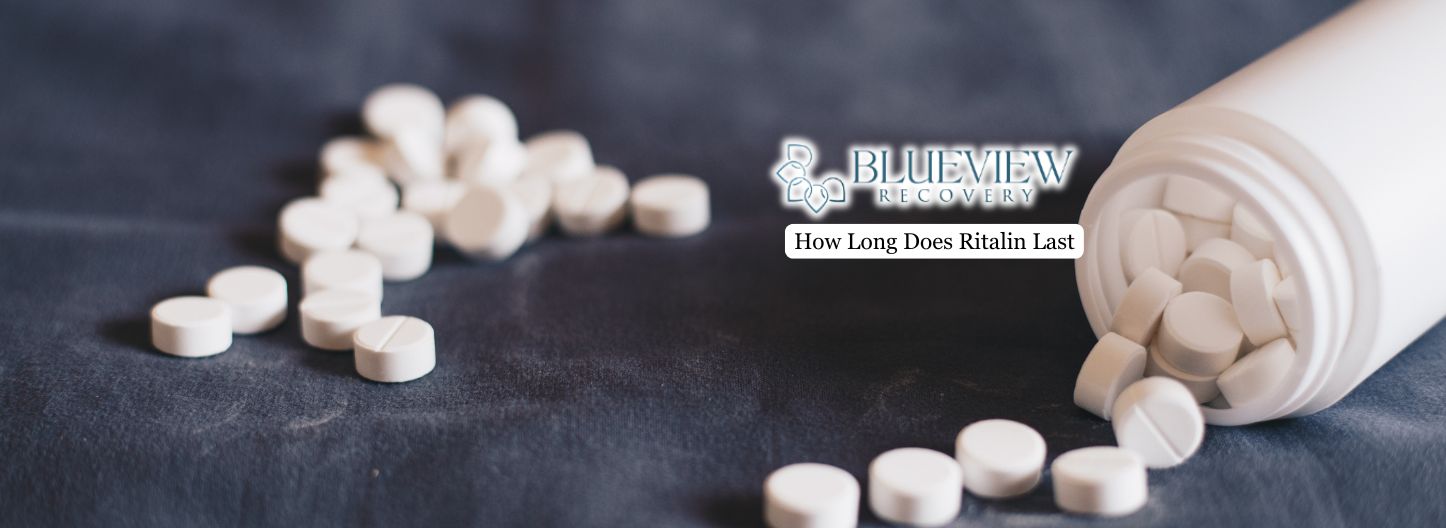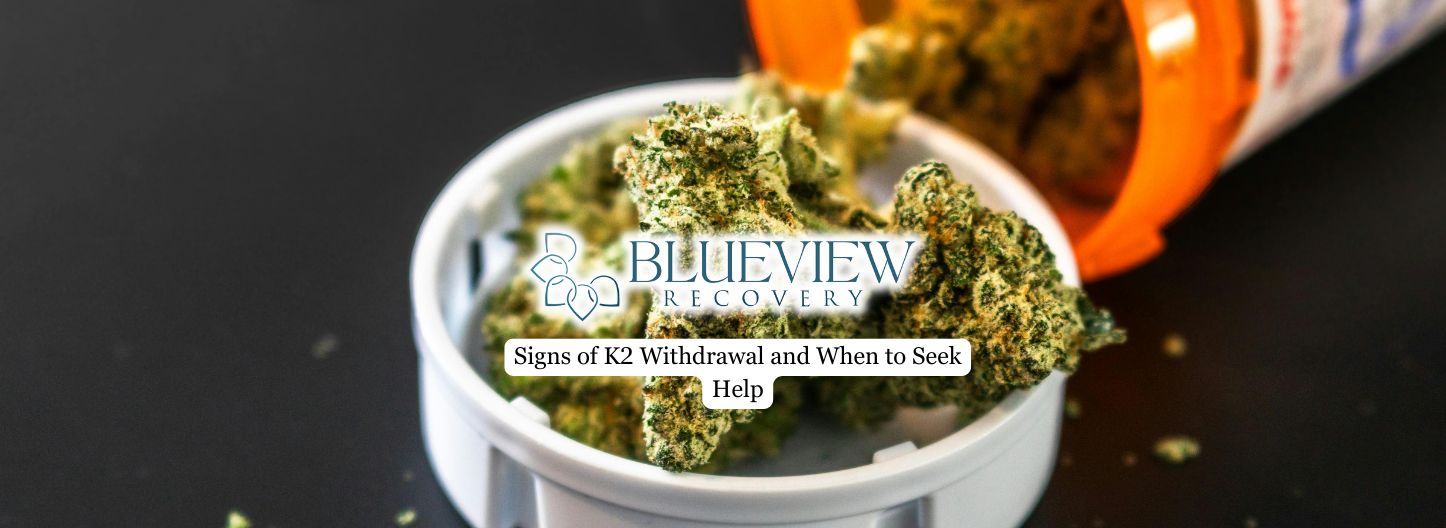Detox plays a vital role in helping individuals break free from drug and alcohol addiction. It removes harmful substances from the body and addresses the immediate challenges of withdrawal symptoms under either medical or non-medical care. The approach chosen can significantly affect safety, comfort, and the overall addiction recovery process.
In the following sections, we will explain what medical detox and non-medical detox involve, highlight their benefits and risks, examine how long detox typically lasts, and explain how to determine which option is best.

What is Medical Detox
Medical detox, also known as medical detoxification, takes place under medical professional supervision. It typically occurs in a medical detox center, hospital unit, or specialized detox facility. This approach uses a structured environment to manage withdrawal symptoms, prevent complications, and support clients through the detox process.
Medical detox programs often include medication-assisted treatment to reduce discomfort and stabilize vital signs. For individuals experiencing severe opioid withdrawal symptoms or at risk of alcohol withdrawal seizures, medical detox is especially critical. A dedicated medical team monitors clients 24 hours a day, adjusting treatment medications as needed. This intensive care not only protects physical health but also reduces the risk of relapse during detoxification.
Because medical detox also addresses co-occurring issues, like mental health concerns that may include depression or anxiety, it offers a level of medical care that can’t be matched by less formal settings. For many struggling with substance use disorder, this is the safest and most effective way to start addiction treatment.
What is Non-Medical Detox
Non-medical detox, sometimes called non-medical detoxification or social detox, relies on support without direct medical intervention. It often takes place in non-medical detox abstinence clinics, sober living houses, or even at home with informal supervision. These programs focus on providing a stable, drug-free environment where individuals can stop using drugs and alcohol under basic oversight.
This approach may be suitable for people likely to benefit from non-medical detox, those with mild withdrawal symptoms, no history of severe complications, and a solid support system. Non-medical detox abstinence programs can offer peer encouragement and structured daily routines, helping clients stay engaged without intensive medical care.
Benefits of non-medical detox include greater autonomy, fewer medications, and often lower costs compared to a medical detox program. However, it’s essential to understand that non-medical detox may not be appropriate for everyone, especially for clients at risk of severe withdrawal symptoms or medical emergencies.
Comparing Medical vs. Non-Medical Detox: Safety and Outcomes
Level of Medical Support and Supervision
In a medical detox program, professional medical teams treat withdrawal symptoms proactively and monitor for life-threatening complications. This can involve hydration therapy, anti-seizure medications, or other interventions essential for safe detoxification.
By contrast, non-medical detox does not use direct medical care to manage symptoms. Without medications or professional medical attention, there’s a higher risk that unmanaged withdrawal symptoms could cause clients to return to using drugs and alcohol to find relief. This difference has a direct impact on relapse rates and overall safety.
For those with alcohol addiction or opioid dependence, medical detox is often indicated because the risk of complications is too high to safely detox without medical oversight. While non-medical detox may be effective for people experiencing mild withdrawal symptoms, it lacks the safeguards that reduce the risk of relapse and protect against severe health outcomes. Learn more about the different techniques for relapse prevention.

Duration and Process
The detoxification process varies in length based on the substance, the severity of addiction (alcohol or drug addiction), and the chosen detox option. In a medical detox facility, the detox lasts from several days to about a week, with clients under continuous medical supervision. Medical detox uses medications to lessen symptoms and speed up stabilization, allowing individuals to transition smoothly into rehab or a comprehensive addiction treatment program.
Non-medical detox does not involve prescription medications to ease withdrawal but instead focuses on peer support, holistic therapies, and lifestyle modifications. It may be completed at home, in an outpatient clinic, or in a supportive residential setting, with staff available for basic care rather than intensive medical intervention. The duration of non-medical detox is similar for many substances, typically ranging from 5 to 14 days, but the process may be more challenging and carries a greater risk of unmanaged symptoms, complications, or relapse, especially for individuals with severe dependencies or co-occurring health conditions
Throughout the detox process, whether medical or non-medical, individuals may face symptoms such as nausea, tremors, insomnia, and anxiety. Having appropriate support is critical to staying in detox and completing the initial phase of recovery.
Choosing the Right Detox Approach
Selecting between medical detox and non-medical detox should never be a guess. A qualified healthcare provider or addiction specialist can assess each person’s health history, the type of substance used, and any underlying mental health conditions to determine the safest detox option. A thorough evaluation by a treatment center ensures that medical detox occurs when necessary and that non-medical detox is reserved for cases where it is truly appropriate.
Detox alone does not resolve addiction. It serves to stabilize the individual and prepare them for the next essential phase of treatment. Depending on their needs and the severity of the substance use disorder, clients may continue treatment at a residential rehab program, an intensive outpatient program (IOP), or a standard outpatient program. These recovery plans address the psychological, behavioral, and social aspects of addiction, building on the progress made during detox to reduce the risk of relapse and support lasting recovery.
Final Thoughts from Blueview Recovery
Choosing between medical and non-medical detox is a pivotal decision that can shape an individual’s recovery journey. However, detox is just the beginning, as ongoing support, treatment, and compassion are key to long-term recovery and a healthier future.
Every journey through detox is different, which is why Blueview Recovery customizes care to each person’s needs. With medical supervision and a dedicated team in Philadelphia, PA, we help you navigate withdrawal safely and prepare for deeper healing in our PHP, IOP, or outpatient programs. Our goal is to support your progress at every stage so you can achieve lasting recovery on your terms.





